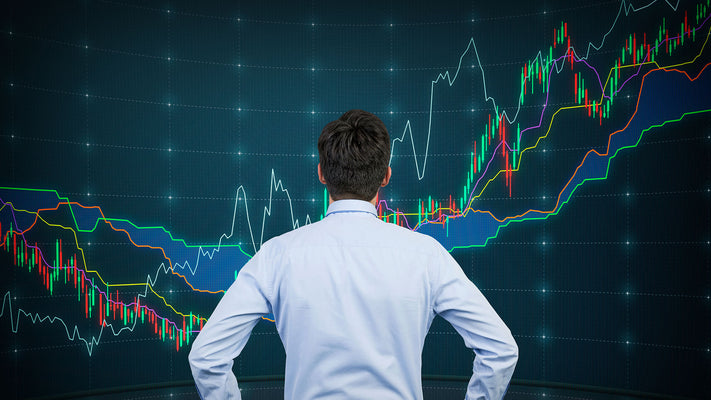Can Muslims engage in forex trading? Religious people who want to be sure they abide by all Islamic commandments may find this topic particularly interesting. Anything that violates the precepts of the Holy Qur'an is considered "haram" or banned in Islamic law. Halal, which in Arabic means permissible or legal in Islam.
In terms of food, be it meat, drink, or food supplement refers to the Shari'ah-mandated Islamic dietary guidelines. Gambling is haram in Islam, is Forex trading considered gambling? Today, we'll make an effort to answer this query for you.
What Is Forex Trading?
Foreign exchange, sometimes known as Forex, is the currency exchange between buyers and sellers in a network at a predetermined price. It is the process through which people, businesses, and central banks convert one currency into another. Most currency conversions are made to make a profit, even though many are done for practical reasons.

Is Forex Trading Gambling?
One would assume that since Forex is gambling, it violates Islamic principles. In Sharia law, gambling is viewed as a speculative activity in which participants have little influence over the outcome and no opportunity to determine if the chances are in their favour.
Forex is more than just speculating. It calls for expertise, study, in-depth market analysis, the creation of trading plans, goal-setting, and the reading of projections.
It is important to note that banks, companies, and individuals engage in forex trading. In this sense, Forex contributes to the success and expansion of enterprises by allowing them to hedge their risks.
What Is Forex Trading Halal?
Muslim scholars frequently disagree on Forex trading and other contemporary forms of monetary transaction. Forex trading has been supported or condemned by a sizable number of fatwas issued by Muslim authorities. However, it is widely acknowledged that forex trading is halal. Furthermore, a fatwa states that trading in currencies is acceptable if all parties follow Islamic law.
Rules Of Halal Forex Trading
It is required to complete the Forex exchange and contract in one sitting. This trade will be considered Halal, as there will be no delay between the contract's creation and execution.
The deal cannot be completed with interest-bearing debt; neither can it be funded with interest. This is because interest-based transactions are strongly frowned upon in Islam. Also, the money involved should be sufficient. It is so because short selling is prohibited.
In general, according to the Shariah rules, if any Muslim wants to participate in forex trading, they must open an Islamic Forex account, also known as a swap-free account. The interest in these accounts is not collected, paid, or accumulated. They do not use forward contracts or futures.

Conclusion
In conclusion, there is no conclusive answer when it comes to whether forex trading is halal or not. It depends on the behaviour and intent of the investor. One can consider trading halal when done with an Islamic account and a sound strategy; nevertheless, when done without a plan and with a regular interest-bearing account, it is haram and deemed gambling. Also, if one wants to be sure whether the food item they consume is halal, one can always refer to the Halal calculator.


